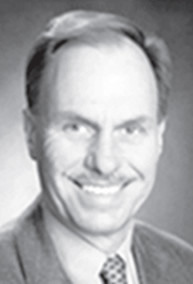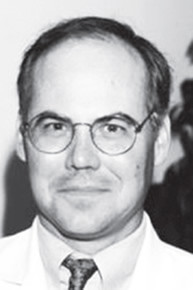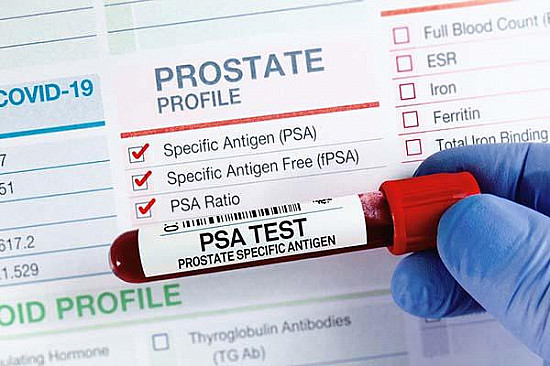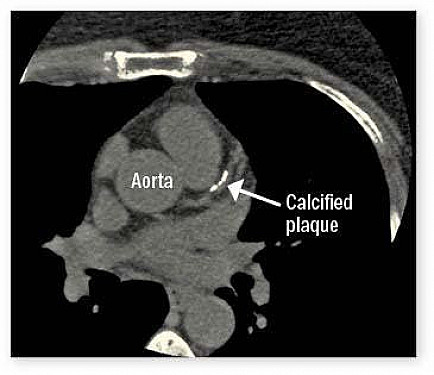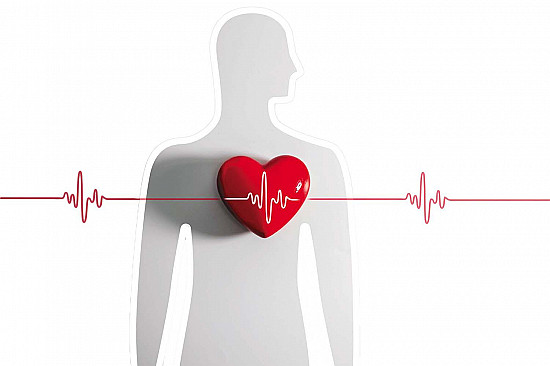Recovering from coronary bypass surgery
Here's what you can do to get back on your feet quickly.
More than 415,000 people with coronary artery disease undergo coronary artery bypass grafting (CABG) every year. It's a big operation, but remarkably safe: although results vary among cities and states, the combined survival rate for all CABG procedures performed in Massachusetts hospitals is 98.7%.
After surgery, however, recovery can be difficult. In general, people spend 12 to 24 hours in the intensive care unit and an additional three to five days in the hospital before they are discharged home or to a rehabilitation center. Over the next four to six weeks, their energy and stamina return, and by eight weeks, they are feeling nearly normal again.
But how quickly any individual recovers from CABG depends on many factors. We asked Dr. R. Morton Bolman III, chief of the division of cardiac surgery at Harvard-affiliated Brigham and Women's Hospital, and Dr. James Rawn, cardiac surgery intensivist, what can be done to ensure the fastest, smoothest recovery possible. Here are the five things they advise.
|
Dr. R. Morton Bolman, III Chief, Cardiac Surgery,Brigham and Women's |
|
Dr. James Rawn Cardiac Surgery Intensivist, Brigham and Women's |
1 Stay active before surgery
Dr. Bolman: Some degree of physical fitness definitely helps recovery. If you are inactive for a few days, your muscle tone will quickly disappear, leaving you feeling vulnerable, debilitated, and discouraged.
Dr. Rawn: Fitness is particularly critical in people with marginal conditioning, since the stress of surgery and immobility can be profoundly deconditioning. You don't have to be immobilized long before it's a struggle to get out of bed. Before surgery, walk up the stairs, walk for a mile—do whatever you can within reason, and it should speed your recovery.
2 Stop smoking
Dr. Rawn: The operation itself and lying in a hospital bed makes people prone to pneumonia and lung collapse, because their lungs do not fully expand. If you are a smoker, your lungs are already debilitated, which increases your risk.
Dr. Bolman: It is important to stop smoking in order to lower your risk of lung complications like pneumonia or the need for extra time on the ventilator because you don't have the strength to breathe.
3 Eat healthy, but don't diet
Dr. Rawn: You shouldn't be dieting before heart surgery. You will do much better if you come nutritionally prepared by having eaten adequate protein to build muscle. Healing requires calories, and when people are very stressed, their body tends to break down muscle for energy. I tell patients' families to bring them their favorite foods, just so they can consume the calories they need to heal and have energy.
Dr. Bolman: Obesity is an underlying reason why many people need CABG, but giving up sugar before heart surgery is not necessary. Long-term changes in diet and eating habits can be discussed later.
Coronary Bypass Surgery
|
4 Stay positive
Dr. Bolman: CABG really takes the wind out of your sails, and it's not unusual to get depressed; it can make you feel mortal and vulnerable. A positive attitude influences how quickly you become active again.
Dr. Rawn: It is important to take an active role in your own recovery. If you refuse to get out of bed, you won't make progress. You must want to get better. It's not always easy to increase your activity every day, even marginally, but it will decrease the time to full recovery.
5 Take your medicine
Dr. Bolman: CABG may restore blood flow, but the disease process continues. Controlling your risk factors will enable you to derive the most long-lasting benefit from your CABG. You also need to take your medications to lower the risk of needing another CABG or stenting.
Dr. Rawn: Beta blockers are especially important. They lower your heart's oxygen requirements and decrease the risk of arrhythmias.
Disclaimer:
As a service to our readers, Harvard Health Publishing provides access to our library of archived content. Please note the date of last review or update on all articles.
No content on this site, regardless of date, should ever be used as a substitute for direct medical advice from your doctor or other qualified clinician.











